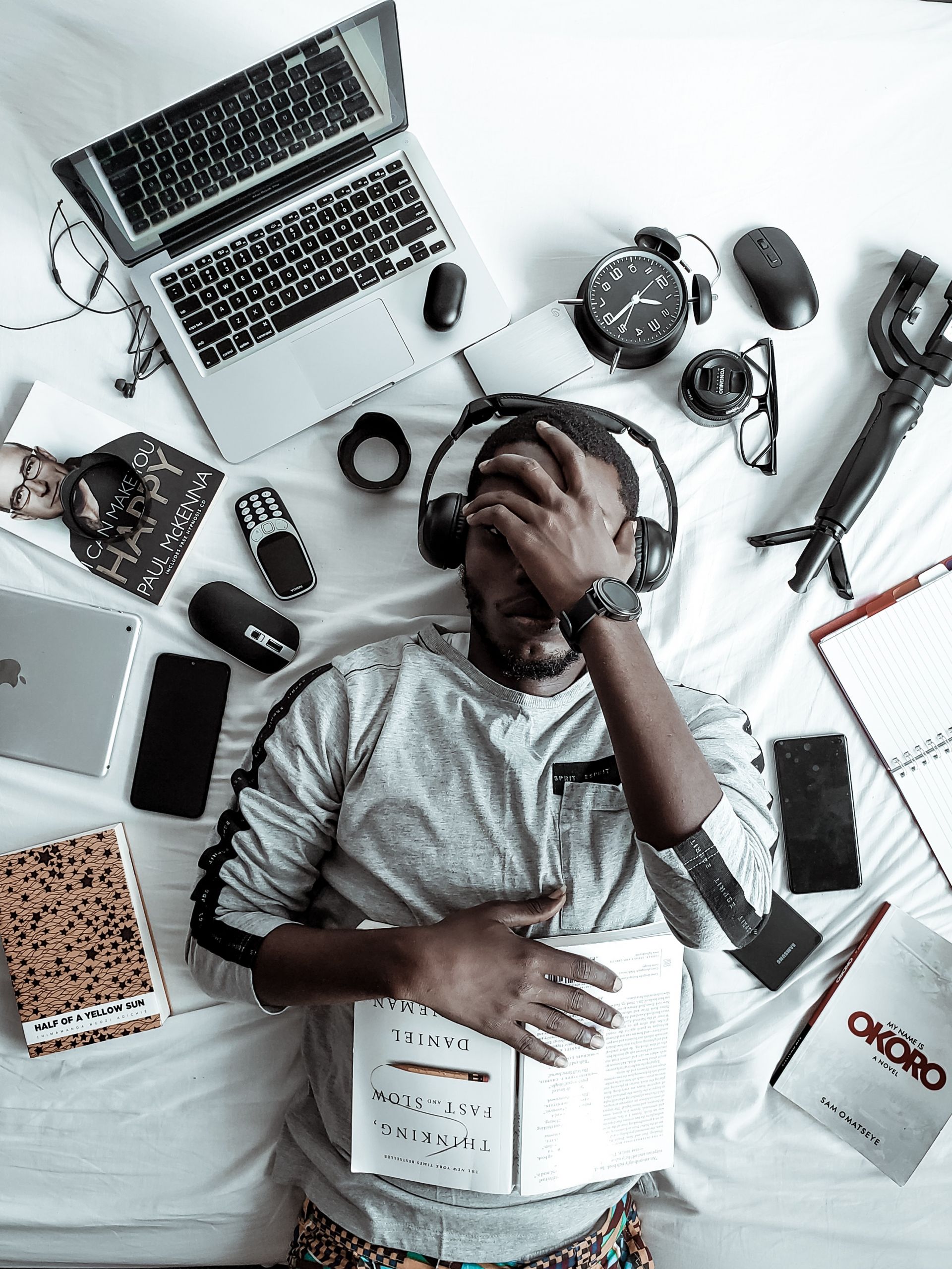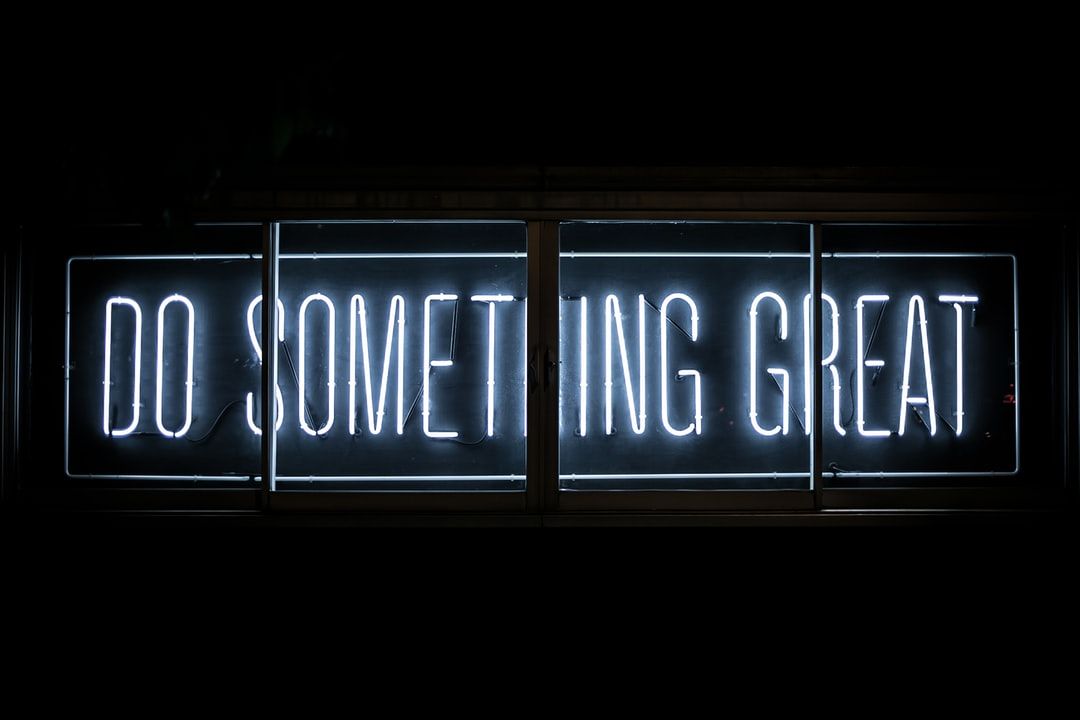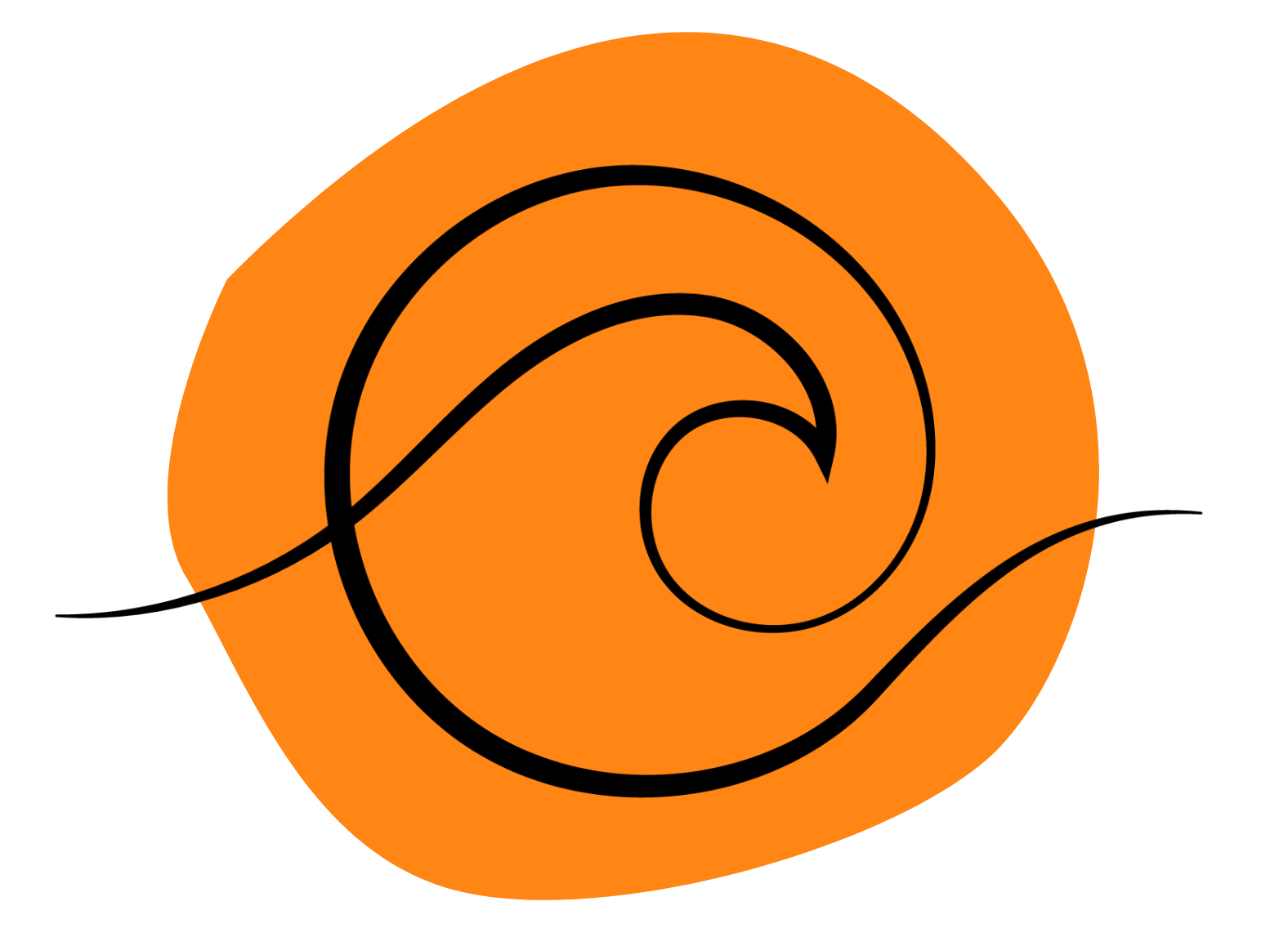My guilty pleasure is procrastination.
I’ve become so good at it, that it’s now interwoven within my life as ‘normal’ behaviour. I have frequently heard myself tell friends how I achieve the most and produce excellent work when I can feel the pressure of a deadline breathing down my neck.
I also go to bed every night kicking myself for those jobs I didn’t complete because, quite frankly, I did need 10 cups of tea, to completely reorganise the laundry and to purchase a new notepad and pen before I could even think about ticking off my to-do list. In my life manana is, more than often, the busiest day of the week.
I’ve become so good at it, that it’s now interwoven within my life as ‘normal’ behaviour. I have frequently heard myself tell friends how I achieve the most and produce excellent work when I can feel the pressure of a deadline breathing down my neck.
I also go to bed every night kicking myself for those jobs I didn’t complete because, quite frankly, I did need 10 cups of tea, to completely reorganise the laundry and to purchase a new notepad and pen before I could even think about ticking off my to-do list. In my life manana is, more than often, the busiest day of the week.

What is Procrastination?
Procrastination is the active decision to not achieve something on your to do list, and to instead fill that time with a meaningless task. Procrastination occurs instead of purposeful and meaningful tasks, when the trivial and mundane take over. And unfortunately for me I’ve become accustomed to the trivial and mundane.
What is Procrastination not?
Procrastination is not Laziness - lazy people actually don’t care that they aren’t completing tasks. It is the procrastinators that are split between motivation and sheer frustration of achieving nothing all day except binge watching the next offering from Netflix.
Procrastination is the active decision to not achieve something on your to do list, and to instead fill that time with a meaningless task. Procrastination occurs instead of purposeful and meaningful tasks, when the trivial and mundane take over. And unfortunately for me I’ve become accustomed to the trivial and mundane.
What is Procrastination not?
Procrastination is not Laziness - lazy people actually don’t care that they aren’t completing tasks. It is the procrastinators that are split between motivation and sheer frustration of achieving nothing all day except binge watching the next offering from Netflix.
Who is most likely to procrastinate?
The procrastinators are the perfectionists; the highly intelligent and very creative being the worst of the bunch. For it seems that all this intelligence and creativity has led to the development of the best excuse yet: an ability to articulate and rationalise themselves out of the decision to do anything.
I’ve always considered myself quite a proactive person, and yet at points in my life, I excel at procrastination.
According to research, at least 95% of us occasionally procrastinate and about 15-20% of us do it consistently and problematically. (Here I am, sitting within the 15-20%, procrastinating even whilst writing this piece. I have my cup of tea in the right mug that I had to wait for the dishwasher to finish before I could use. I can see the sparkling kitchen bench from where I am sitting, which I tidied whilst waiting for the dishwasher to finish and the kettle to boil, before I could sit down and research this piece.)
Have you ever wondered about the level of your procrastination? Take the quiz. I just did and it was an excellent use of the last 15 minutes of my time. I mean what better time to procrastinate than whilst researching procrastination?
The procrastinators are the perfectionists; the highly intelligent and very creative being the worst of the bunch. For it seems that all this intelligence and creativity has led to the development of the best excuse yet: an ability to articulate and rationalise themselves out of the decision to do anything.
I’ve always considered myself quite a proactive person, and yet at points in my life, I excel at procrastination.
According to research, at least 95% of us occasionally procrastinate and about 15-20% of us do it consistently and problematically. (Here I am, sitting within the 15-20%, procrastinating even whilst writing this piece. I have my cup of tea in the right mug that I had to wait for the dishwasher to finish before I could use. I can see the sparkling kitchen bench from where I am sitting, which I tidied whilst waiting for the dishwasher to finish and the kettle to boil, before I could sit down and research this piece.)
Have you ever wondered about the level of your procrastination? Take the quiz. I just did and it was an excellent use of the last 15 minutes of my time. I mean what better time to procrastinate than whilst researching procrastination?
Is procrastination the key to greater creativity?
Some research suggests that a healthy amount of procrastination can lead to an increase in creative thinking. A study in 2020 by Jihae Shin and Adam Grant, When putting work off pays off, highlighted a link between procrastination and creativity. Their research showed participants showed more creativity when moderately procrastinating compared to those in low or high procrastination considerations. Their experiment across two groups of people saw that when tasked with a business problem to solve, those with access to funny YouTube videos for a short window of time were more creative with their solutions compared to those without.
Of course, this does not mean that we should embrace procrastination with open arms, but perhaps forgive ourselves the times when we have chosen to tidy the kitchen instead of writing a report. Even Agatha Christie once claimed that “the best time to plan a book is whilst doing the dishes” and she is not alone in this thought. Both Leonardo Da Vinci and Charles Darwin were reported to fall into periods of procrastination, and American architect, Frank Lloyd Wright, produced his plans for the iconic Pensylvanian residence Fallingwater (1935) in a spur of the moment meeting with his client after months of procrastination.
This idea that procrastination and creativity walk hand in hand actually begs the question, is it truly procrastination or more simply a delaying tactic? Do we get there in the end?
Some research suggests that a healthy amount of procrastination can lead to an increase in creative thinking. A study in 2020 by Jihae Shin and Adam Grant, When putting work off pays off, highlighted a link between procrastination and creativity. Their research showed participants showed more creativity when moderately procrastinating compared to those in low or high procrastination considerations. Their experiment across two groups of people saw that when tasked with a business problem to solve, those with access to funny YouTube videos for a short window of time were more creative with their solutions compared to those without.
Of course, this does not mean that we should embrace procrastination with open arms, but perhaps forgive ourselves the times when we have chosen to tidy the kitchen instead of writing a report. Even Agatha Christie once claimed that “the best time to plan a book is whilst doing the dishes” and she is not alone in this thought. Both Leonardo Da Vinci and Charles Darwin were reported to fall into periods of procrastination, and American architect, Frank Lloyd Wright, produced his plans for the iconic Pensylvanian residence Fallingwater (1935) in a spur of the moment meeting with his client after months of procrastination.
This idea that procrastination and creativity walk hand in hand actually begs the question, is it truly procrastination or more simply a delaying tactic? Do we get there in the end?

How do you overcome procrastination?
So how do you become more motivated and dilly-daddle less?
If you are a serial procrastinator like me, according to the research by Piers Steel, author of The Procrastination Equation, you could start by implementing these three strategies into your everyday life:
So how do you become more motivated and dilly-daddle less?
If you are a serial procrastinator like me, according to the research by Piers Steel, author of The Procrastination Equation, you could start by implementing these three strategies into your everyday life:
1. Goal Setting
Take any task you are procrastinating on and break it down into small parts. Make these mini goals achievable but challenging, and set a relatively quick time frame to complete them in, something that can be achieved today or over the next couple of days.
2. Create an environment free from distraction.
If you are attempting to focus on work then your home office or workplace needs to be free of easy temptations or distractions. Allow yourself breaks but make sure they are away from the workspace. If you need a cup of tea, sit by a window and look outside. Even better, take your tea and go for a brief walk outside. The main thing is to be honest with yourself about whether you need a break or not.
3. Change your routine.
This is by far the hardest element to begin but gives the greatest reward. Start small and introduce one thing at a time which you can commit to and build up to larger and greater things. A routine gets stronger when we follow it and weaker when we don't, so be prepared to commit.
Perhaps it is the last minute cram, the late night report writing, the final push to the deadline that motivates you. Only you can be the judge of whether or not you are making the most of your time, and only you will know whether you are fulfilling your potential. As Psychologist Dr Timothy Pychyl once said, “ask any musician, artist, or writer and they know you have to show up, not wait up for the muse”.
So stop scrolling, put your phone down and tackle that first small job on the list. Then enjoy that well earned cup of tea.
Take any task you are procrastinating on and break it down into small parts. Make these mini goals achievable but challenging, and set a relatively quick time frame to complete them in, something that can be achieved today or over the next couple of days.
2. Create an environment free from distraction.
If you are attempting to focus on work then your home office or workplace needs to be free of easy temptations or distractions. Allow yourself breaks but make sure they are away from the workspace. If you need a cup of tea, sit by a window and look outside. Even better, take your tea and go for a brief walk outside. The main thing is to be honest with yourself about whether you need a break or not.
3. Change your routine.
This is by far the hardest element to begin but gives the greatest reward. Start small and introduce one thing at a time which you can commit to and build up to larger and greater things. A routine gets stronger when we follow it and weaker when we don't, so be prepared to commit.
Perhaps it is the last minute cram, the late night report writing, the final push to the deadline that motivates you. Only you can be the judge of whether or not you are making the most of your time, and only you will know whether you are fulfilling your potential. As Psychologist Dr Timothy Pychyl once said, “ask any musician, artist, or writer and they know you have to show up, not wait up for the muse”.
So stop scrolling, put your phone down and tackle that first small job on the list. Then enjoy that well earned cup of tea.
author bio
Lucienne Miller
Lucie first came face to face with anxiety disorders in her teens. OCD became her closest friend until her early 30's, when she came across resilience and positive psychology. Then everything changed. She had found a way forward. From this turning point, Lucie regained control. She is now a mum of four, wife, business owner and eternal student. Finally she has discovered the strength in her stress.
Write your awesome label here.

